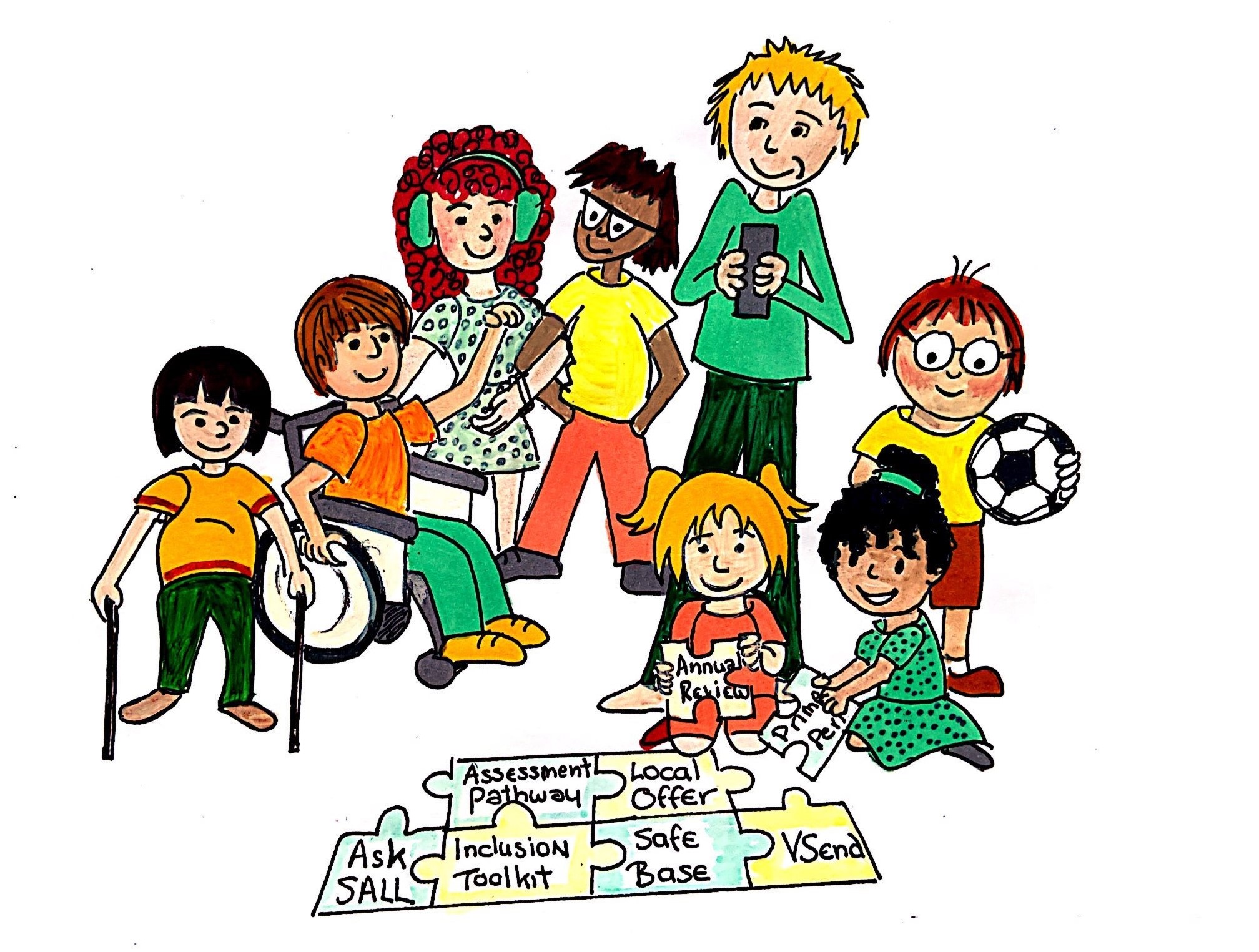Level 1-2 what you may notice
0-5
The child shows occasional challenging, demanding or concerning behaviour. The child is functioning within the current environment though there are some disruption and emotional difficulties. The child has, at times difficulties in maintaining attention and following appropriate behaviour during sessions.
The child is functioning within the current environment though there are some disruption and emotional difficulties. The child has, at times difficulties in maintaining attention and following appropriate behaviour during sessions.
- short term difficulties settling into setting
- some difficulties relating to separating from carer
- some withdrawal from the company of others
- can only remain engaged in play for a short time. Independently struggles to concentrate on adult-directed activities and has limited attention span
- sits for shorter lengths of time compared to peers
- occasional and short term unwanted behavioural difficulties
- exhibits behaviours designed to influence peers or adults to gain attention
- struggles with age and stage appropriate play with other children, turn taking and sharing, causing some disruption to the play of peers
- difficulty seeking comfort from familiar adults or with self-soothing
- ongoing but infrequent resistance to engaging in adult directed activities
5-16
The pupil shows low level, infrequent social and emotional behavioural difficulties which occasionally interrupt learning in some situations. The pupil’s needs are met within their mainstream class through high quality teaching
Behaviour for learning
- difficulty in following whole class instructions
- poor concentration
- possible developmental delay
- some signs of low-level disruptive behaviour, for example, calling out.
- occasional refusal or lack of capacity to follow reasonable routine requests
- some difficulties following classroom routines
Social skills
- difficulties working in groups, sharing and taking turns
- underdeveloped social skills may create difficulties getting along with others
- difficulties forming positive relationships with peers or some teachers
- sometimes isolate themselves, for example- spending break times alone, low-level anxiety in social situations
- shows some distress when their plans are not followed or when required to take turns
Emotional regulation and self-regulation
- low level or low frequency of social and emotional behavioural difficulties which interrupt learning in some situations
- some patterns of stress or anxiety in specific situations
- unpredictability, inconsistency
- immature social or emotional skills, for example - difficulties with turn-taking, reciprocal attention, sharing resources
- difficulties responding appropriately to social situations
- becomes disproportionately agitated and upset and takes longer than peers to calm down
- low self-esteem and confidence levels and is reluctant to attempt some activities as afraid of failure.
- sometimes (more than once a month) show signs of low mood or anxiety
- some difficulties complying with adult direction and are unwilling to acknowledge or accept responsibility for their own actions
- signs of anxiety in the classroom environment and reluctance to engage


